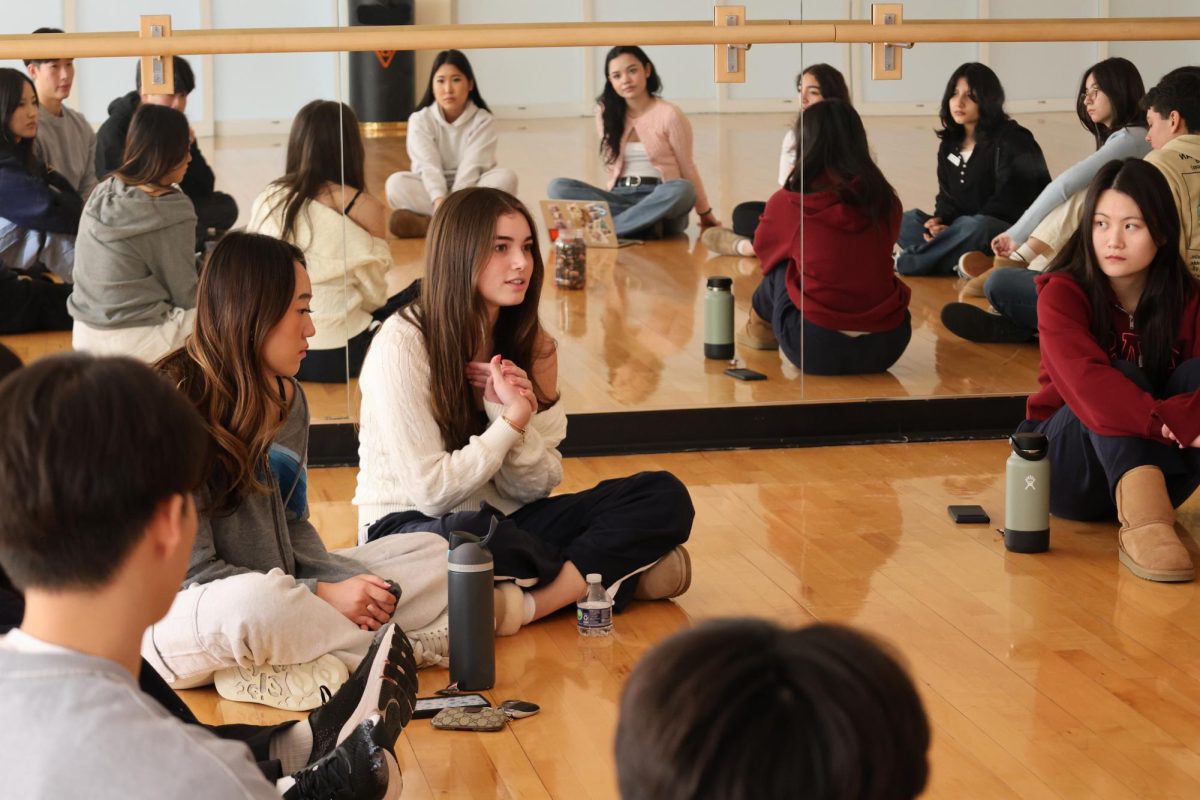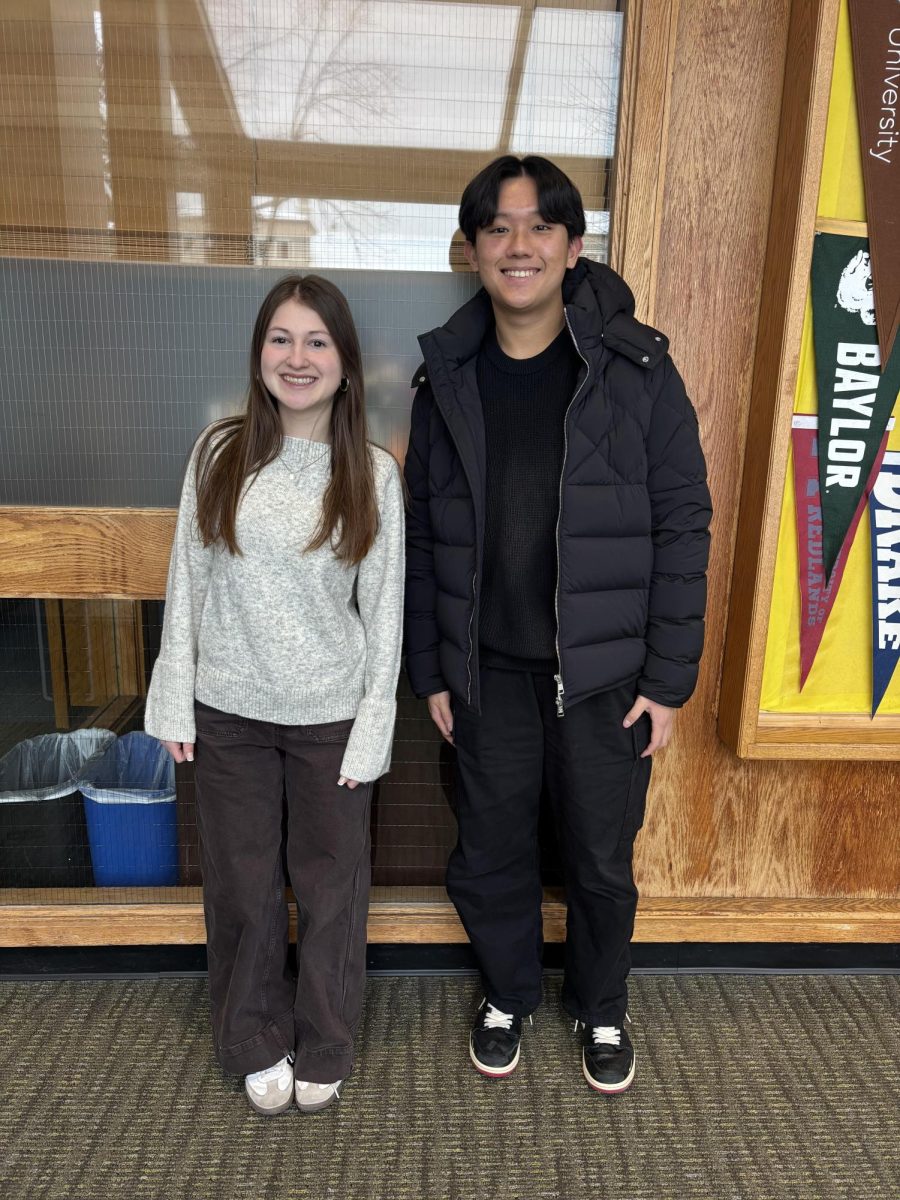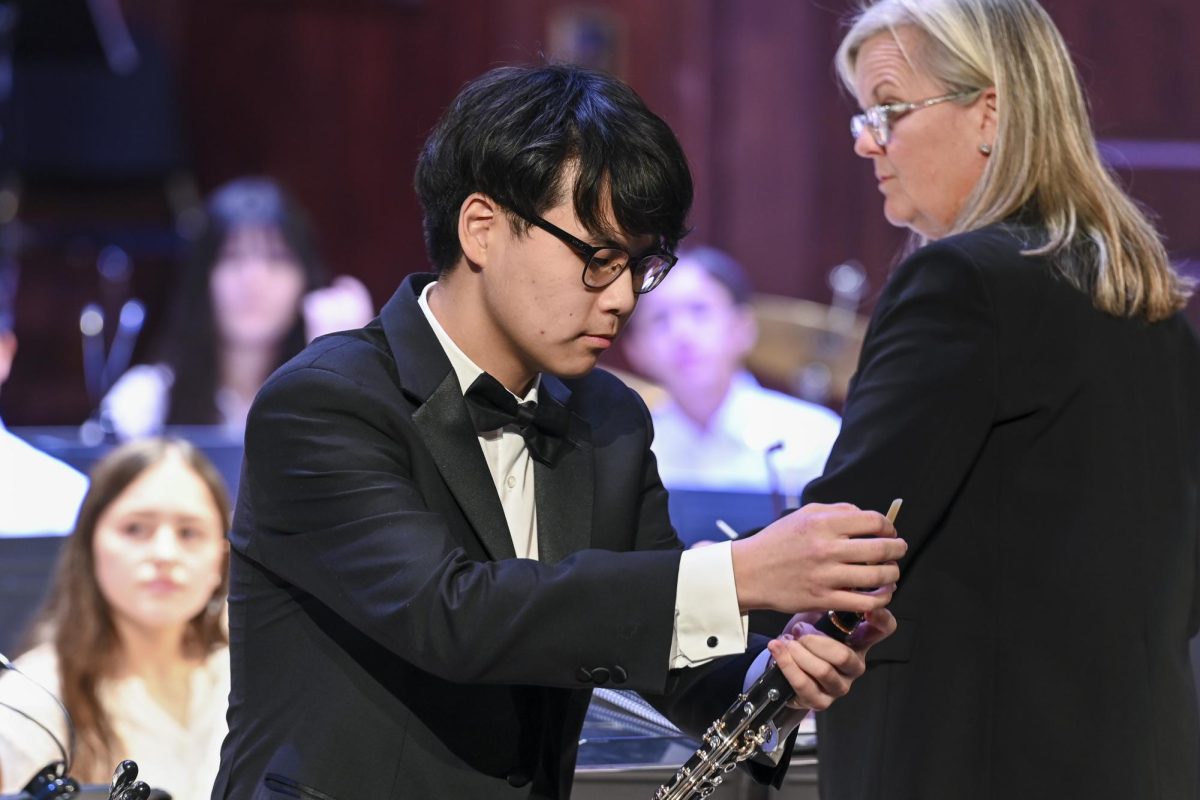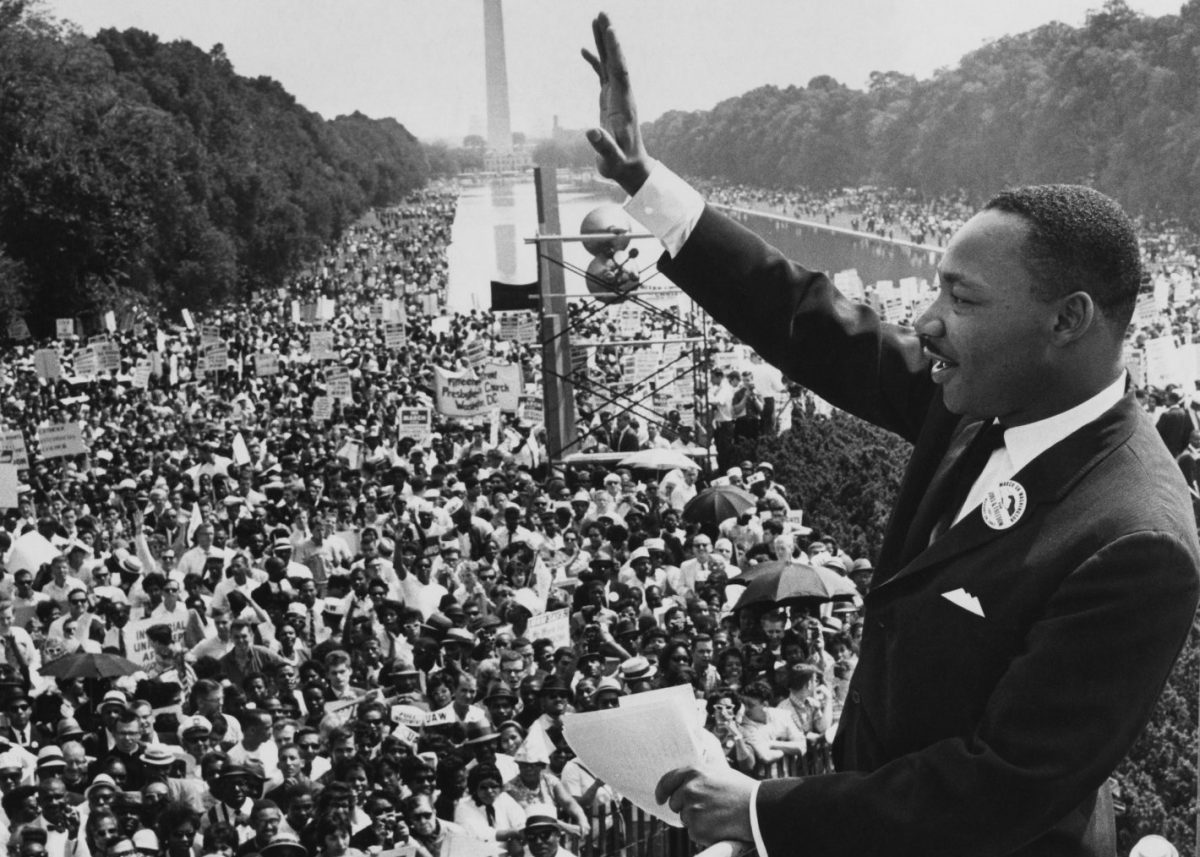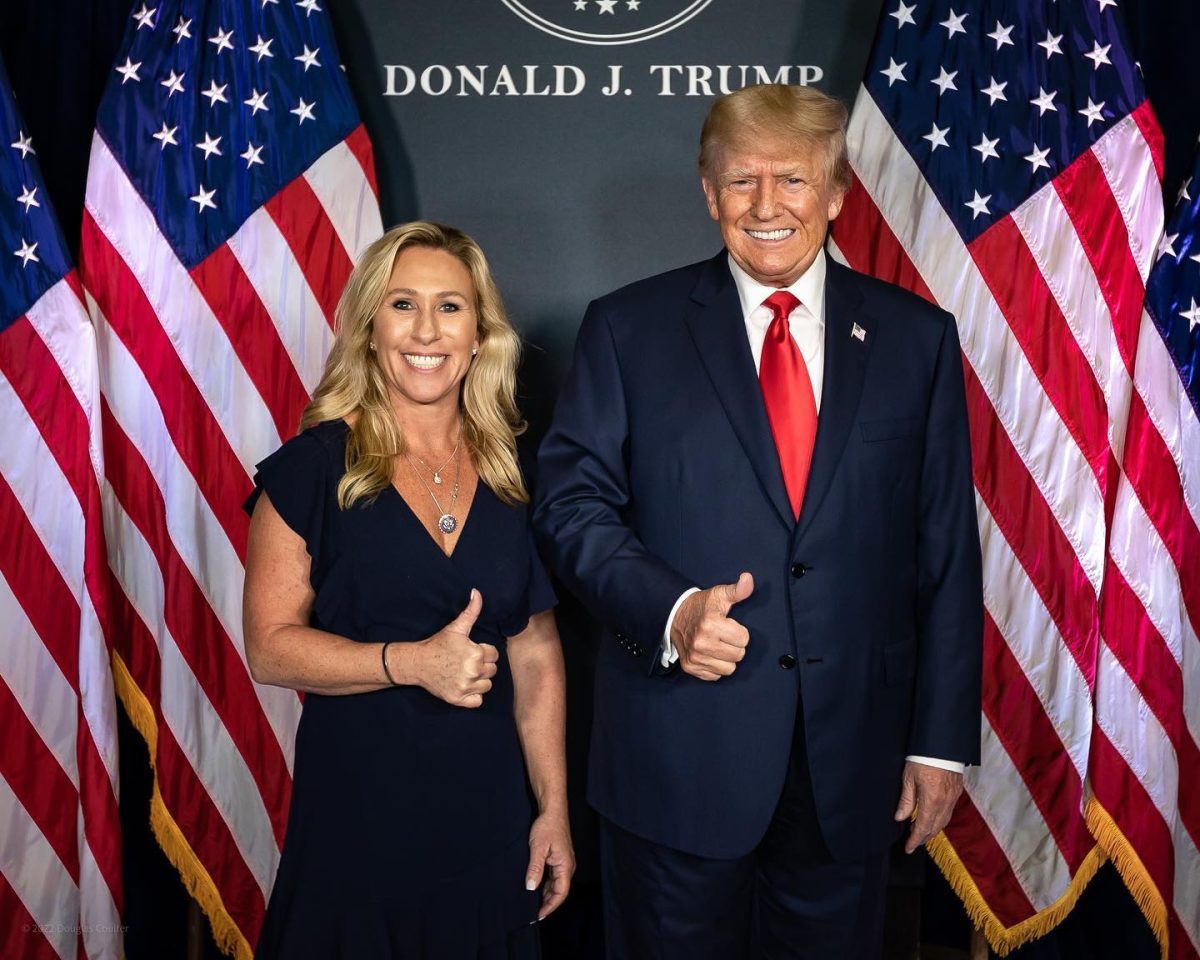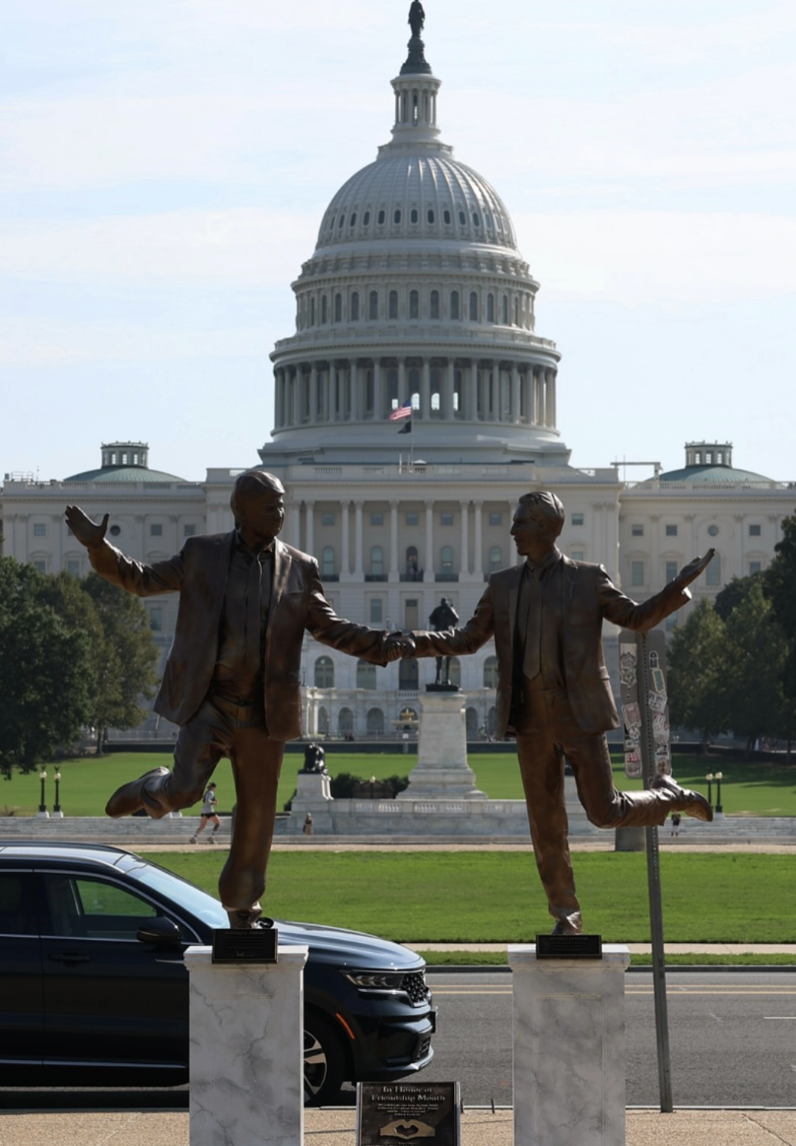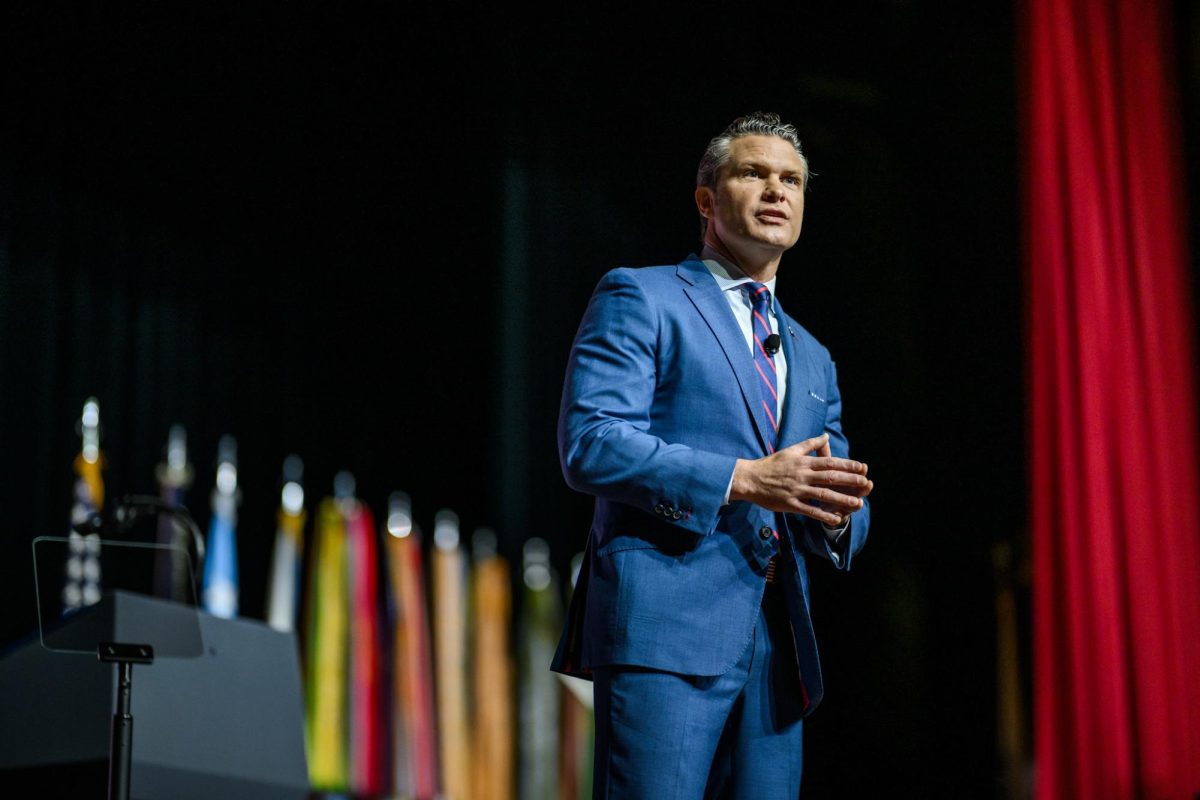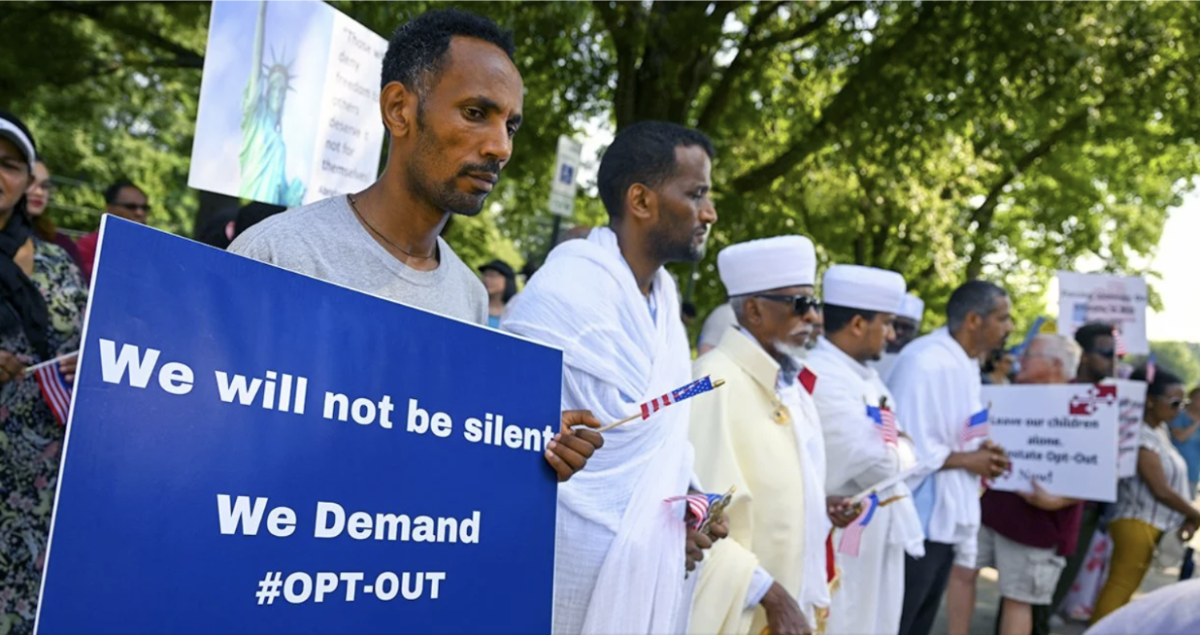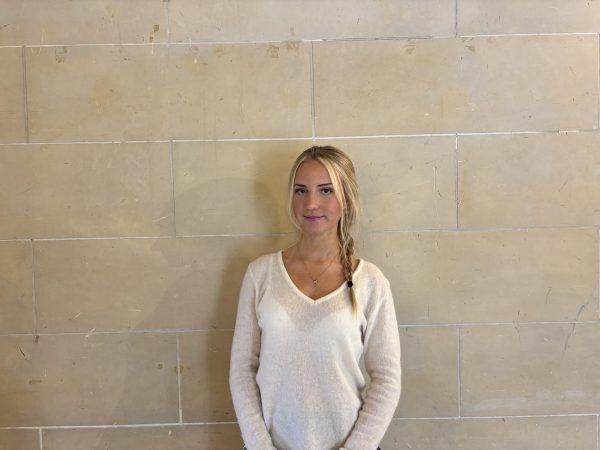On April 22, 2025, the U.S. Supreme Court Case Mahmoud v. Taylor took place. The case unfolded in April 2023 when Muslim, Catholic and Orthodox Christian parents sued Montgomery County Public Schools in Maryland. The parents argued that their First Amendment rights were violated as their previous ability to opt their children out of education centered on LGBTQ+ stories was removed in March 2023. Some of these lessons and LGBTQ+-based books were taught to children as young as six years old.
In the past, the debate on government infringements on public schools’ education guidelines has repeatedly been argued, and with the prevalence of growing inclusivity within schools, this debate is more heated than ever. A similar court case in the past includes Wisconsin v. Yoder in 1972, in which the state of Wisconsin’s enforcement of school attendance was ruled unconstitutional when a group of Amish children and parents refused to send their children to school past eighth grade arguing that coercion violated their first amendment right to exercise their religious freedoms. In the Amish community, education past eighth grade is deemed unnecessary and harmful to their nomadic ways of life; therefore, the interference of the government in individuals’ education was unconstitutional.
Currently, the same argument is being discussed by the U.S. Supreme Court of whether parents should be able to opt out their children from LGBTQ+ based stories and discussions, and whether or not this is constitutional. Before the religious parents sued Montgomery County Public Schools, they had the option to remove their children from these events; then, after external forces argued this caused a lack of inclusivity and administrative burdens, the state government made attending LGBTQ+ lessons obligatory. During the case, the plaintiffs included the religious parents – led by Taylor Mahmoud and Enas Barakat. The defendants were the Montgomery County Board of Education and Superintendent Thomas W. Taylor. Moreover, the Becket Fund for Religious Liberty represented and supported the religious parents.
The Supreme Court case was covered by the Washington Post, the New York Post, Reuters, Time Magazine, Vox and PEN America. During the case, after oral arguments were made, conservative Supreme Court justices seemed to support the religious parents’ argument – hoping to give parents the ability to opt their children out of LGBTQ+ based education. Whereas liberal judges seemed to oppose the parents’ position, claiming that with an opt-out option, LGBTQ+ students could potentially become marginalized and other students could be prevented from learning to accept sexual diversity.
Different community members here at Lake Forest Academy have differing views on this court case and the larger implications. ELL and English Teacher at LFA, Katelyn Hartke, spoke upon the broad image of separation of church and state, “I think that if it is a public school, the Constitution is pretty clear, and there should be a separation of church and state. As public schools receive money from the government, it’s essential that public schools can provide an education that feels inclusive to all their students.” Hartke believes that the separation of church and state is essential in the public schools’ domain. Hartke said, “In an ideal world, we want to ask ourselves, what’s the purpose of education? Is it to just affirm what we already know, or is it to push ourselves beyond what we know? And I think then, if we can see different perspectives, that would lead to the best version of education that we can have.”
Regarding private schools, Hartke added, “I think that becomes a different kind of issue because they exist for parents’ choice. So, their missions might be a little different than public schools’.” A child’s education depends on their parents’ goals and whether or not they attend a private, public or religious school. When asked about the kind of message Mahmoud v. Taylor sends out to children worldwide, Hartke said, “It sends out the message that it’s okay to dismiss people that are different than you and I worry that it makes it a lot easier for us to dehumanize people because the implicit message is that their stories aren’t as important or necessary, and that’s a generous take.”
A current member of Amnesty International at LFA, Amalia Rosen ‘27, had a similar take on the case; “I think the outcome of the case will limit students’ rights because if Eric Baxter [Vice President and Senior Counsel at the Becket Fund for Religious Liberty] makes a good case, opting out of education will be implemented in schools, and certain books will be banned from the class.” When asked if schools should accommodate all religious practices, Rosen said, “I feel like it’s such a hard thing to talk about because we don’t know where the line should be drawn, but I think that accommodating all practices could cause one to really miss out on so much school and learning that prepares them for the real world.” When speaking on the difference between promoting and teaching a religion, Rosen commented, “I think there’s a difference between teaching respect and kindness versus enforcing ideals that are opposed to a religion.”
Olivia Rogalski ‘25, committed to the College of the Holy Cross in Massachusetts, explained why she decided to attend a religious school, “I am Catholic, and it’s definitely a big part of my identity. I grew up going to Catholic school all my life until LFA, and I try to strengthen my faith continuously. Holy Cross is a Jesuit institution where they have so many opportunities to grow my faith.” Regarding inclusivity concerns, Rogalski noted, “Most religious schools that I’ve visited are so welcoming to students who don’t practice the same faith or religion at all. Some of them require theology classes, but there are options for not just Catholic theology, there’s classes about Hinduism, Judaism, Islam, or just general history or religion, so they are really open to all kinds of students. For Catholics and Christians, colleges like Holy Cross are great so that you can have a connection to people who share your faith, but for those who aren’t religious, it’s not a requirement to learn specifically about Christianity. The main purpose of the school and its Jesuit identity is to emphasize service, justice and care for the whole person.” On the subject of future generations, Rogalski commented, “I do think it’s important for the future generations to learn lessons that stem from the Bible. For the LGBTQ+ and inclusivity issue, that’s probably more subjective and should be taught based on a family’s beliefs. I don’t think religion nor LGBTQ+ politics should be forced upon students’ education.”
Whether the Supreme Court makes a ruling by late June or early July 2025, the ramifications of Mahmoud v. Taylor will affect students, parents and teachers worldwide. After the decision to have an option for parents to opt children out of LGBTQ+ teachings in public schools is made, U.S. citizens will see how inclusive the nation really is, and if our church and state are truly separated.


